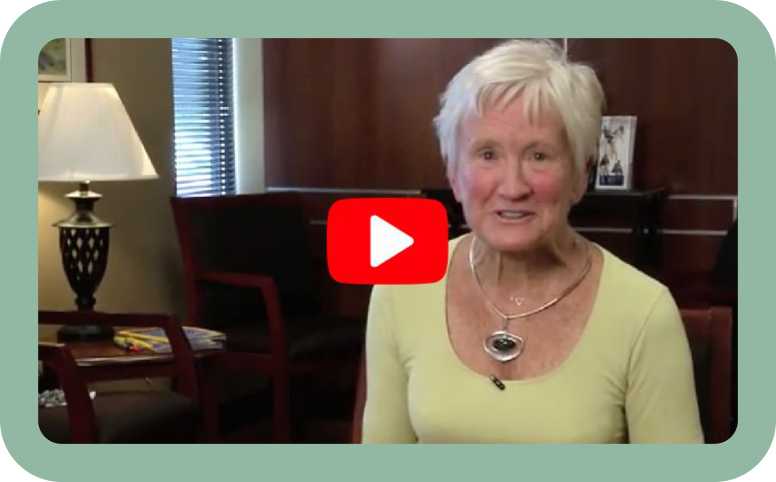Contact us today.
What Are Your Legs Telling You? Stop & Listen. It Might Be Venous Insufficiency
 Your life is busy. There are so many things to do and so little time that it can be easy to overlook leg cramps, swelling, and skin discoloration.
Your life is busy. There are so many things to do and so little time that it can be easy to overlook leg cramps, swelling, and skin discoloration.
But lets say you feel throbbing, pulling, creeping, or other discomforts at night. Do you feel an uncontrollable, or sometimes overwhelming, urge to move your legs when you’re trying to sleep?
These symptoms could be the result of a hidden circulatory problem with significant health implications called venous insufficiency.
In someone with healthy veins, blood flows continuously from the limbs back to the heart while valves inside the veins prevent the backward leakage of blood. With venous insufficiency, broken valves cause the blood to flow backwards and stagnate in your leg veins and can lead to swelling, cramping, aching, or even leg weakness.
Changes in the skin such as discoloration, thickening, dryness and hair loss can occur as a result of this impaired circulation and be a sign of undiagnosed venous insufficiency.
Venous insufficiency can be caused by disorders like deep vein thrombosis or varicose veins. It’s important to pay attention to the signs your body uses to inform you of problems. What are your legs telling you?
Know The Symptoms?
- Swelling in the leg (edema)
- Cramping
- Varicose veins
- Skin discoloration
- Skin ulcers (wounds)
- Aching, burning, throbbing or restlessness in the legs
- Leg weakness, heaviness or fatigue
Certain medications, prolonged immobility, and other risk factors can affect your circulatory health. If you fall into one of the following risk factor categories, contact a vein care physician to make sure blood is properly circulating in your legs:
Venous Insufficiency Risk Factors
- Obesity
- Family history of varicose veins or deep vein thrombosis
- Age
- Inactivity
- Pregnancy
- Leg injuries
- Muscle weakness
Discover Treatment Options
There is good news for people who suffer from venous insufficiency. There are several effective treatments — like prescription compression stockings, which apply pressure to the ankle and lower leg to improve blood flow and reduce swelling.
A vein care physician can help you to choose the compression strength and stocking size that is right for you. If you have a skin ulcer associated with your venous insufficiency, your doctor can apply special wraps to reduce swelling while treating the ulcer.
Other treatments include: elevating your legs above your heart while lying down, exercise, and weight loss.
Venous Insufficiency Prevention
- Regular exercise
- Maintain a healthy body mass index
- Avoid standing or sitting in one place for extended periods
- Quit smoking
- Avoid crossing your legs while sitting
If you would like a venous insufficiency screening, please fill out this contact form and someone from the office of Dr. Stephen Sorenson will get back to you promptly.

